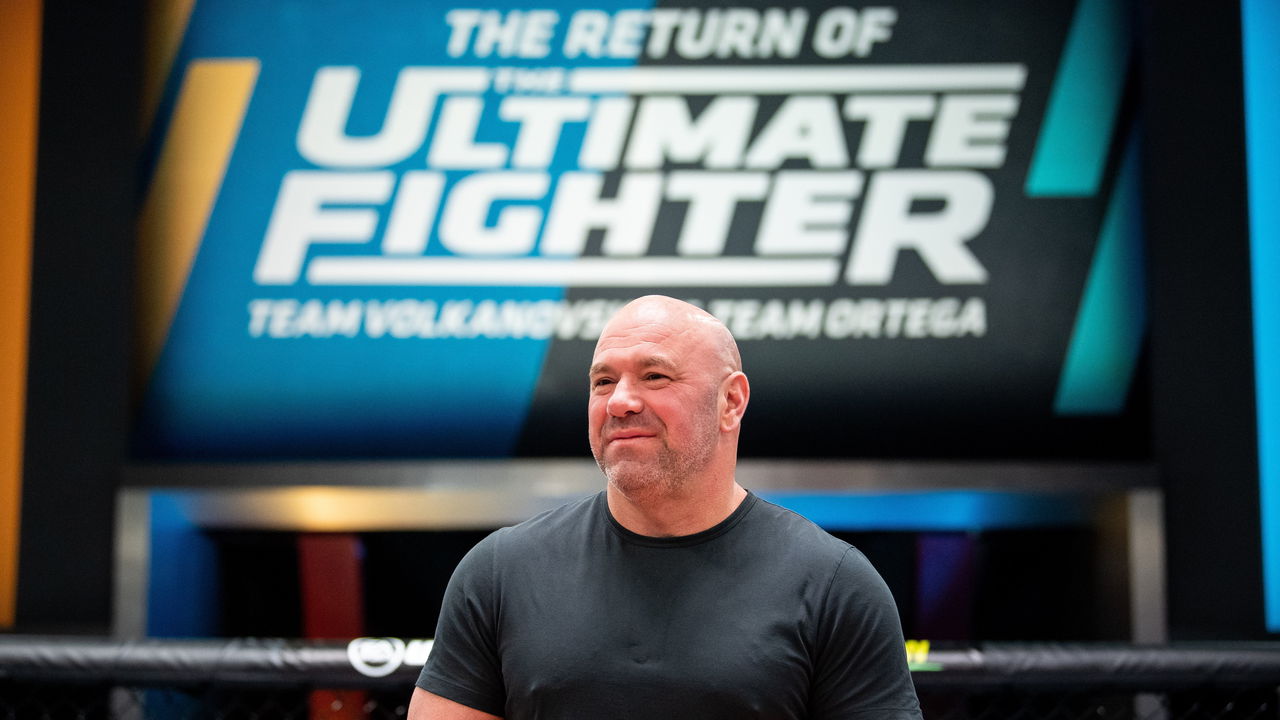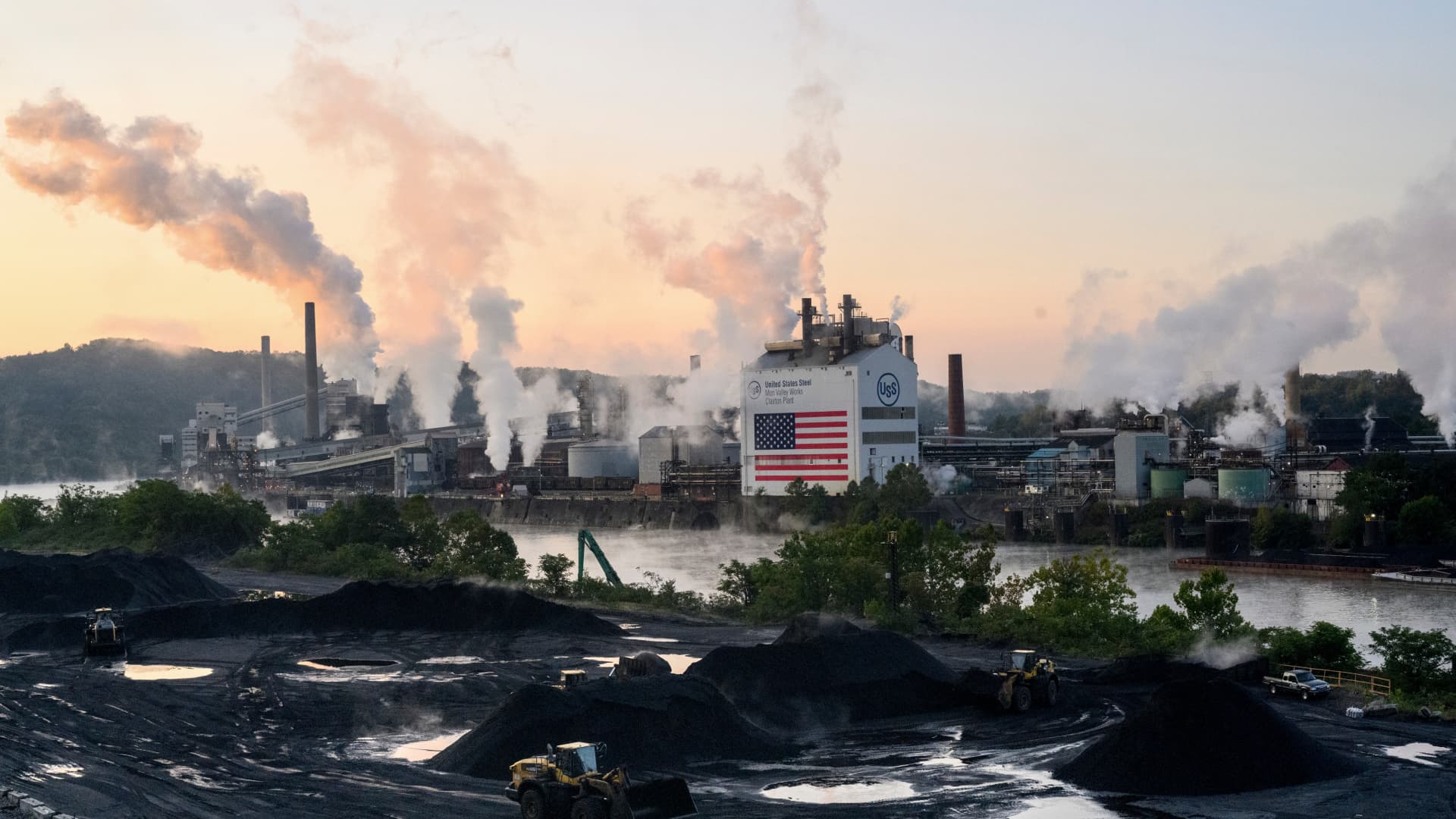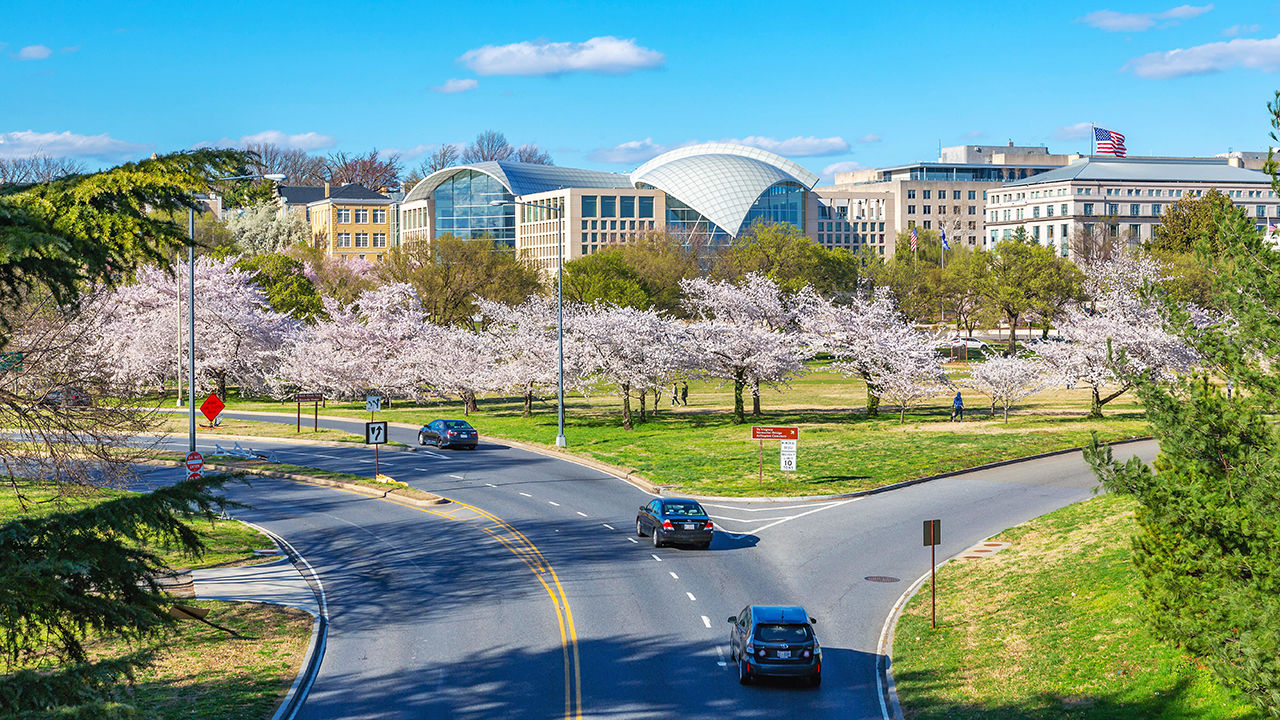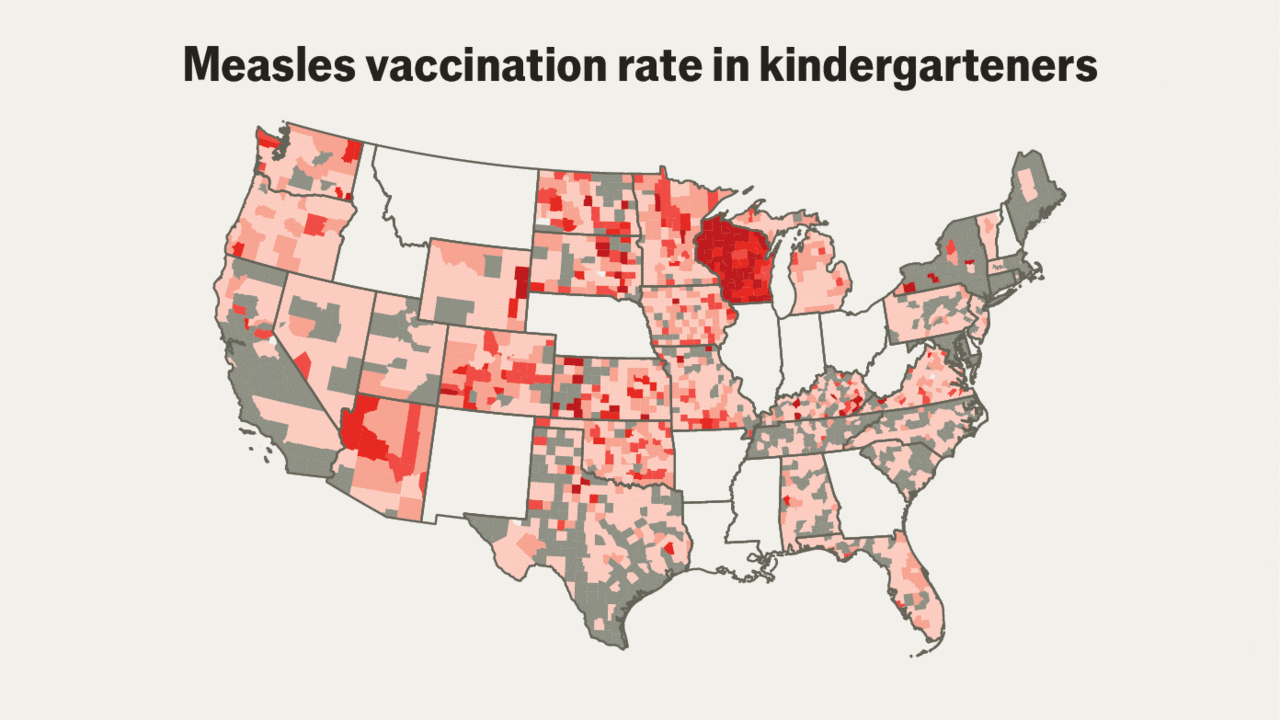ANYONE UNFAMILIAR with combat sports, or the leading lights of Donald Trump’s “MAGA world”, may have been surprised to see a bald, stocky man on the podium after Donald Trump’s victory speech. Shouting the president-elect’s praises with the practised passion of a carnival barker was Dana White, the boss of the Ultimate Fighting Championship (UFC), the world’s largest mixed martial-arts (MMA) promotion. Mr White knows a thing or two about talking up pugilistic characters like Mr Trump.
To the Trump faithful, he was more familiar. Mr White spoke at the Republican National Convention (RNC) in 2016, when Mr Trump became the party’s nominee for the first time. He told the convention of the origins of their friendship: when Mr White took over the failing UFC in 2001, no venue would play host to the “bloodsport”. That is, until Mr Trump offered one of his casinos. Expressing a thought that has since become a mantra for Trump fans, Mr White told the crowd: “Nobody took us seriously, except Donald Trump.”
Mr White praised the qualities of “the Donald Trump that I know”: his “great business instincts”, that he is a “hard worker” and that he is a “loyal and supportive friend”. That these claims were all highly disputable even in 2016 was irrelevant. Like any good fight promoter—and Mr Trump himself—Mr White knows you shouldn’t worry too much about truth when creating a myth.
Mr White’s own origin story, recounted in many interviews and features, is harder to fact-check. The standard version is the tale of a hard-scrabble kid who grew up on the streets of Southie (as South Boston is affectionately known by locals) and in Las Vegas. A bit of a brawler, he got into amateur boxing and eventually co-ran a gym. There he taught boxing to local youths and boxing fitness to businessmen and housewives.
After an extortion attempt by an associate of Whitey Bulger, a notorious local gangster once played on screen by Johnny Depp, he returned from Boston to Las Vegas. He opened another gym and got into MMA, a multi-discipline combat sport so violent that it used to be banned in 36 American states. (John McCain, a senator, presidential candidate and boxing fan from Arizona, once called it “human cockfighting”.) Mr White convinced two childhood friends to buy the UFC for $2m and let him run it.
He cleaned up the sport, professionalising and popularising it. UFC now airs in more than 170 countries and is worth $11.3bn, according to Forbes, a business magazine. The authorised version of Mr White’s story paints its hero as a charming rogue with a foul mouth and a bit of a temper, whose rough edges and upbringing made him the businessman—and showman—he is today. His superpower, he says proudly, is that he’s “a savage”.
Others paint a darker picture. In her “unauthorised biography” of Mr White, his own mother contests the “boy-raising-himself-in-the-streets myth”. And she says his move to Las Vegas was motivated by a falling-out with his business partner, making no mention of a run-in with organised crime. She admits her son’s importance to the popularisation of MMA. But she says his meteoric rise made him “egotistical, self-centred, arrogant and cruel”—a ruthless “tyrant” who rules those around him “by intimidation”.
Some who have had disagreements with Mr White might concur. He has had bitter and protracted legal fights with several of his fighters over allegations of low pay and exploitative contracts. (Mr White denies that there is any problem with fighters’ pay.) And a video that emerged of Mr White slapping his wife in 2022—an incident he admitted to and apologised for—suggests that his brash persona is not always harmless pantomime.
His long friendship with Mr Trump is perhaps unsurprising. Mr Trump is a fight fan, whether it be UFC, boxing or wrestling. His love of strongmen, literal and figurative, is well-documented. The once-and-future president may even see a little of himself in the self-promoter’s unapologetic machismo. Mr White spoke at the RNC not only in 2016 but the next two as well.
The president-elect doubtless understands that his friendship with the fight promoter helps him with young male voters. Some 49% of 18- to 29-year-olds plumped for him, according to exit polls, up from 41% in 2020. At Mr Trump’s victory celebration Mr White shouted out the names of podcasters and YouTube stars who appeal to the sort of young men who follow UFC. One of them was Joe Rogan, a comedian and former UFC commentator who is now among the world’s most popular podcasters.
Now the fight is won, what purse will Mr White receive? A spokesman has said he has “no personal political ambitions”, and speculation that he may have secured himself a cabinet position still seems far-fetched. But whatever happens, UFC’s fighting spirit seems likely to remain in favour in the Trump White House and its boss a potent influence. ■

 Economics1 week ago
Economics1 week ago
 Economics1 week ago
Economics1 week ago
 Economics1 week ago
Economics1 week ago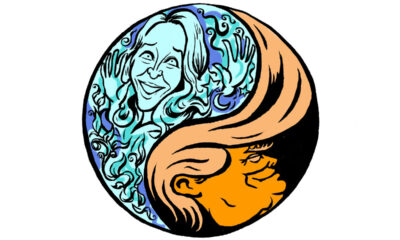
 Economics1 week ago
Economics1 week ago
 Blog Post1 week ago
Blog Post1 week ago
 Economics1 week ago
Economics1 week ago
 Economics7 days ago
Economics7 days ago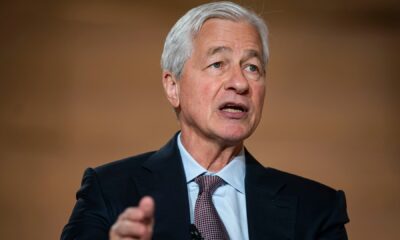
 Economics1 week ago
Economics1 week ago
